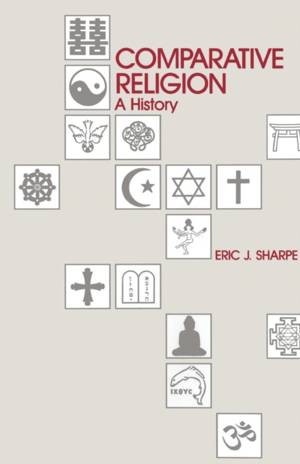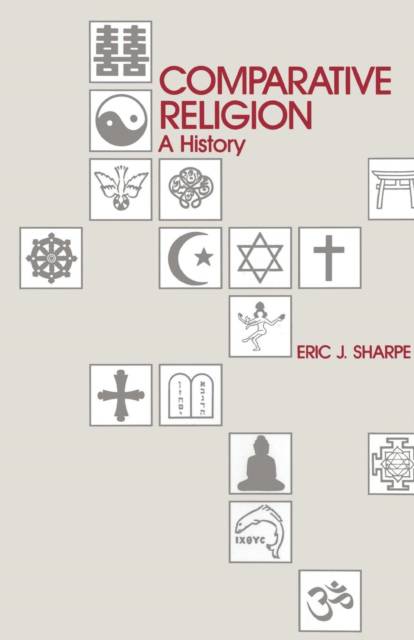
- Retrait gratuit dans votre magasin Club
- 7.000.000 titres dans notre catalogue
- Payer en toute sécurité
- Toujours un magasin près de chez vous
- Retrait gratuit dans votre magasin Club
- 7.000.000 titres dans notre catalogue
- Payer en toute sécurité
- Toujours un magasin près de chez vous
Description
This book is now firmly established as the standard treatment of its subject. The history of comparative religion is traced in detail from its beginnings in the nineteenth century, in the work of scholars such as Max Muller and anthropologists - such as Tylor, Lang, Robertson-Smith and Frazer - through the American psychologists of religion - such as Starbuck, Leuba, William James - to the period after the First World War, when the evolutionary approach was seriously called into question. It also examines the relevance of religion to Freud and Jung; the 'phenomenology of religion'; the tensions between comparative religion and theology; and the work of such outstanding personalities as Nathan Söderblom and Rudolf Otto. The last two chapters review the main issues raised since the Second World War.
Spécifications
Parties prenantes
- Auteur(s) :
- Editeur:
Contenu
- Nombre de pages :
- 328
- Langue:
- Anglais
Caractéristiques
- EAN:
- 9780715610817
- Date de parution :
- 11-08-94
- Format:
- Livre broché
- Format numérique:
- Trade paperback (VS)
- Dimensions :
- 152 mm x 214 mm
- Poids :
- 435 g







